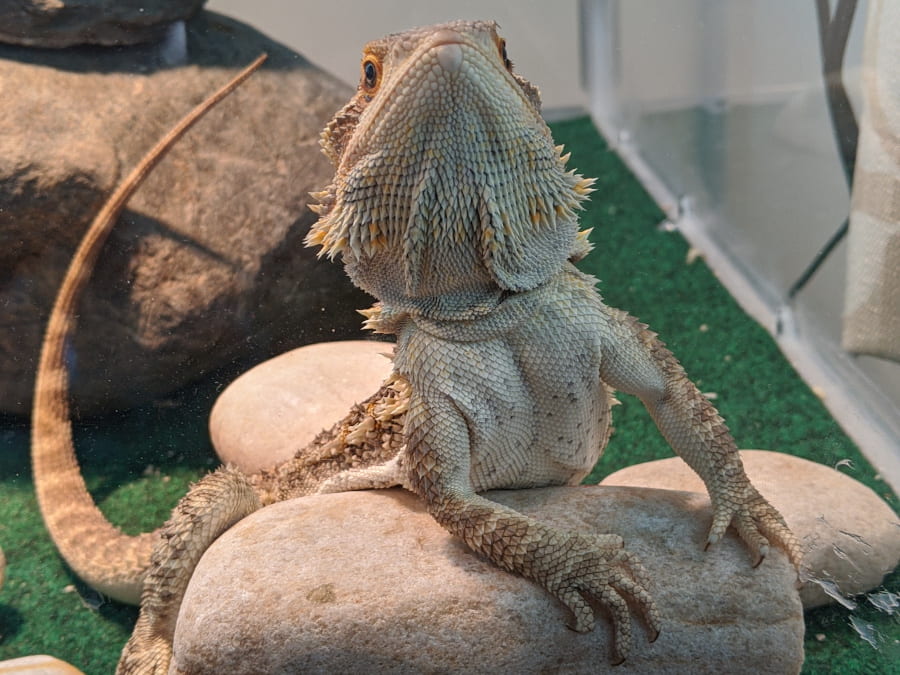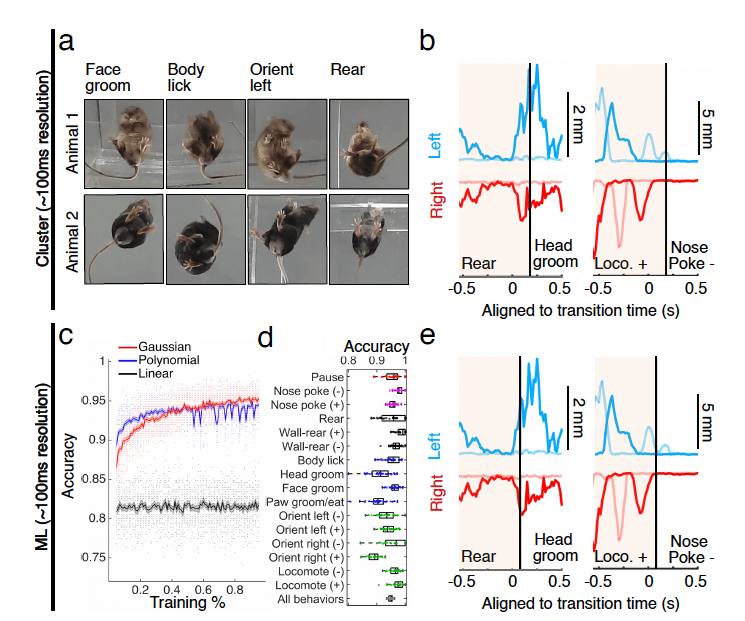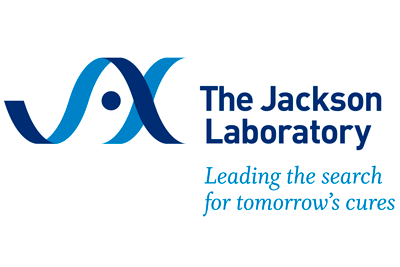Welcome
The Kumar Laboratory is located at the Jackson Laboratory in Bar Harbor, Maine. We study neural circuits in the brain whose misregulation leads to behavioral abnormalities including addiction, attention deficit and hyperactivity disorder, and depression. Using mouse molecular genetics as foundation, and a combination of biochemistry, physiology, and imaging techniques we dissect these complex behaviors in mammals.
We use two functional genomics approaches in mice – forward genetic ethylnitrosourea (ENU) mutagenesis screens and quantitative trait loci (QTL) analysis – to identify genes and pathways that regulate these behaviors. Powerful and unbiased, forward genetic approaches make no a priori assumptions and only require a clear well-defined assay for gene discovery. We have used high-throughput screening pipeline to discover mutants for cocaine response and open field behavior. Using physical mapping followed by next generation sequencing we have identified novel genes and alleles that regulate cocaine response and anxiety related behaviors.
Latest Lab News:

Owning a reptile in a canine and feline companion world
Earlier this year, I decided to obtain a new addition to my home: a pet bearded dragon (Pogona vitticeps). It's been awhile since I've wanted a pet and finally made the move. While most people think that the pets of choice in america is either a cat or a dog, most...

Kumar Lab hosts Dr. Eric Yttri for a virtual visit
Dr. Yttri, from Carnegie Mellon University, Department of Biological Sciences, presented his lab's latest work from this paper. The paper uses unsupervised learning to understand the types of behaviors mice carry out. Dr. Yttri met with postdocs, engineers, and...
Opinion – Collaboration without collaborators
Recently, I got a golden opportunity to be at NIDA headquarters attending a meeting where leading scientists in the field of addiction were discussing the face validity of different behavioral assays on animal models to study aspects of human addiction. The discussion...
